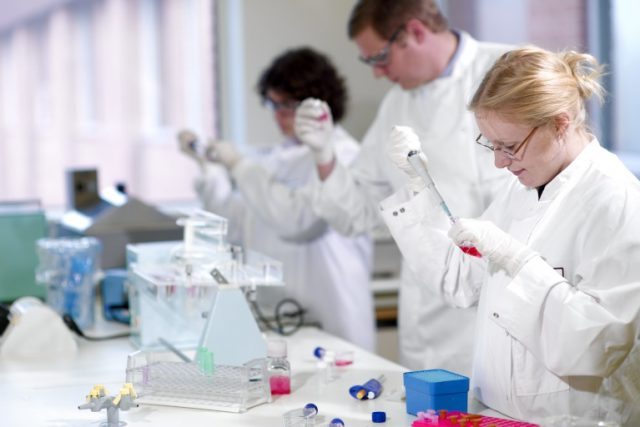Campden BRI’s Shiga toxin-producing E.coli or STEC testing service has been accredited to the ISO/IEC 17025:2005 standard by UKAS.
The polymerase chain reaction or PCR method is sensitive enough to detect 2-40 colony forming units per 25g of sample and is absolutely specific for STEC giving complete confidence in the results.
Foods at particular risk of STEC contamination include raw meat, especially raw ground beef, and seeds intended for sprouting.
EU legislation requires the analysis of sprouted seeds for six STEC serotypes (O157, O145, O111, O103, O26 and O104:H4) prior to release onto the market.
Campden BRI is one of very few facilities in the UK to have the category three laboratories required for STEC testing, which requires an enhanced level of containment because STEC are highly pathogenic.
It developed, optimized and validated the method as part of its £2 million (US$2.6 million) annual research program.
Campden BRI has a total of 114 UKAS accredited methods.










